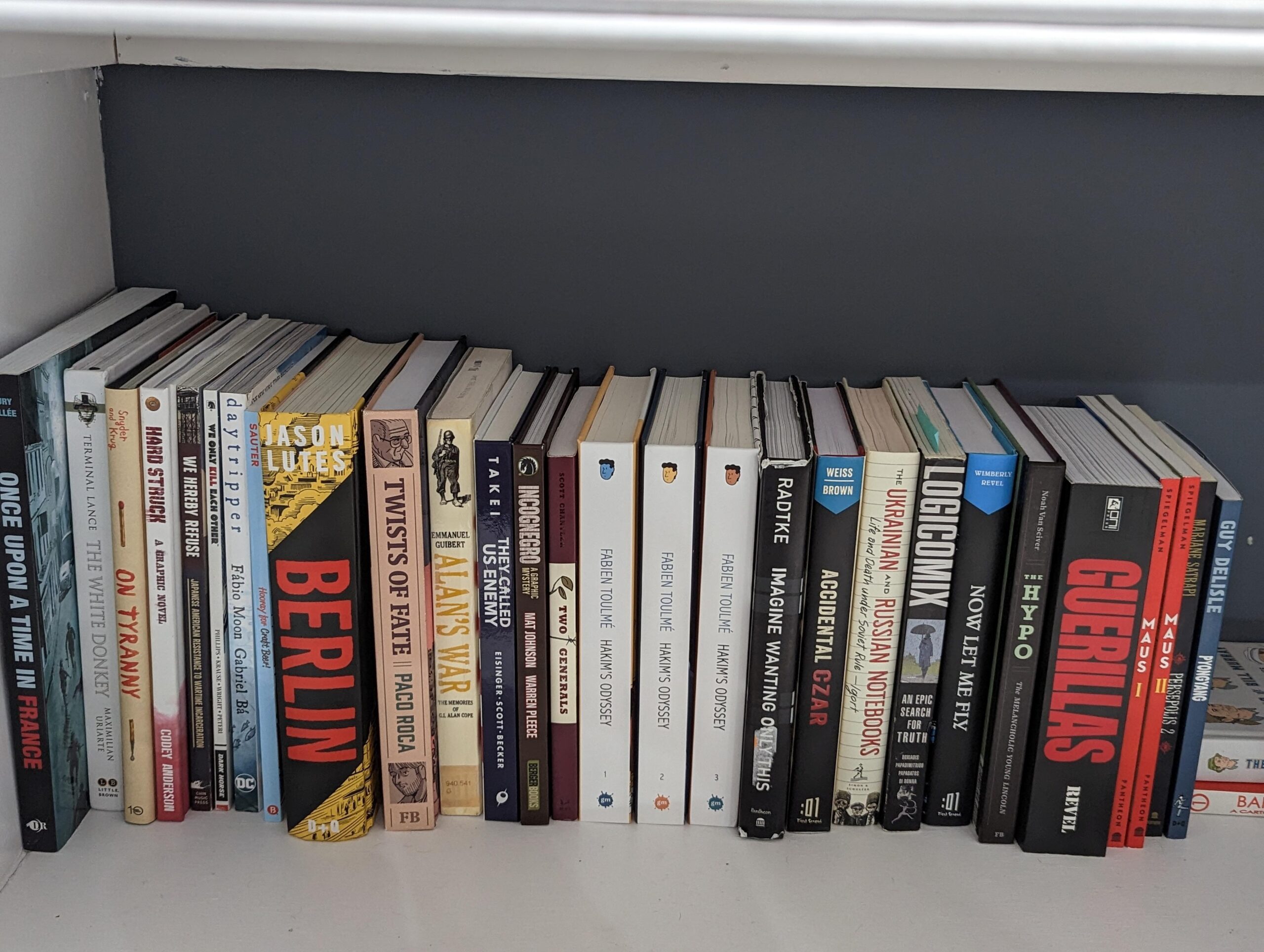This content introduces ten books that every history buff should have on their bookshelf. It includes a brief description of each book, highlighting its significance in exploring different historical periods and perspectives. From Jared Diamond’s exploration of the factors influencing human societies in “Guns, Germs, and Steel” to John Lewis Gaddis’ examination of the Cold War in “The Cold War: A New History,” these books cover a wide range of topics, providing valuable insights into the past and its impact on the present. Building a collection of these books is essential for deepening one’s understanding of history.
10 Books Every History Buff Should Have on Their Bookshelf
1. “Guns, Germs, and Steel: The Fates of Human Societies” by Jared Diamond
Jared Diamond presents a groundbreaking exploration of how geography, biology, and other factors influenced the development of human civilizations. This Pulitzer Prize-winning book delves into the interplay of cultures and the reasons behind the dominance of certain empires throughout history.
2. “The Rise and Fall of the Third Reich: A History of Nazi Germany” by William L. Shirer
William L. Shirer provides a comprehensive account of Adolf Hitler’s regime, from its inception to its ultimate downfall. Based on extensive research and firsthand experience, this book offers valuable insights into the events that shaped one of the darkest periods in human history.
3. “A People’s History of the United States” by Howard Zinn
Howard Zinn challenges traditional historical narratives by focusing on the experiences and struggles of marginalized groups. This powerful account paints a vivid picture of American history from the perspectives of Native Americans, slaves, women, and other individuals often overlooked in mainstream history.
4. “The Diary of a Young Girl” by Anne Frank
Anne Frank’s diary provides an intimate and personal account of the Holocaust. Her poignant writings offer a glimpse into the life of a young Jewish girl hiding from Nazi persecution and provide a haunting reminder of the atrocities committed during World War II.
5. “Sapiens: A Brief History of Humankind” by Yuval Noah Harari
In this thought-provoking book, Yuval Noah Harari takes readers on a journey through the history of our species, from the emergence of Homo sapiens to the present day. With a focus on the impact of cognitive, agricultural, and scientific revolutions, this book examines how our species shaped the world we live in.
6. “The Crusades Through Arab Eyes” by Amin Maalouf
Amin Maalouf presents a unique perspective on the Crusades by weaving together the narratives of Arab chroniclers from the time. This captivating book challenges common Western interpretations of this historical period and provides insights into the cultural clashes that defined the Crusades.
7. “1491: New Revelations of the Americas Before Columbus” by Charles C. Mann
Charles C. Mann’s book sheds light on the vibrant civilizations that existed in the Americas prior to the arrival of Christopher Columbus. Through extensive research, Mann challenges the notion of a sparsely populated “New World” and offers a fresh perspective on the rich cultures that thrived long before European colonization.
8. “The Origins of Political Order” by Francis Fukuyama
Francis Fukuyama traces the development of political institutions throughout history, from prehistoric times to the present. This comprehensive analysis explores various political systems, such as tribal societies, absolute monarchies, and modern democracies, to understand the factors contributing to societal order.
9. “The Making of the Atomic Bomb” by Richard Rhodes
Richard Rhodes delves into the history of the atomic bomb, from the scientific discoveries that paved the way to the complexities of its development and deployment. This meticulously researched book offers captivating insights into the individuals and events that shaped the nuclear age.
10. “The Cold War: A New History” by John Lewis Gaddis
John Lewis Gaddis provides a fresh examination of the Cold War, exploring its political, economic, and ideological aspects. This comprehensive account goes beyond the traditional narratives to shed light on lesser-known events and individuals that influenced this era of global tension and rivalry.
Building a collection of books that delve into various historical periods and perspectives is essential for any history buff. These ten books, covering diverse topics such as ancient civilizations, World War II, and geopolitical conflicts, are an excellent starting point for deepening your understanding of the past and gaining valuable insights into the world we live in today.
